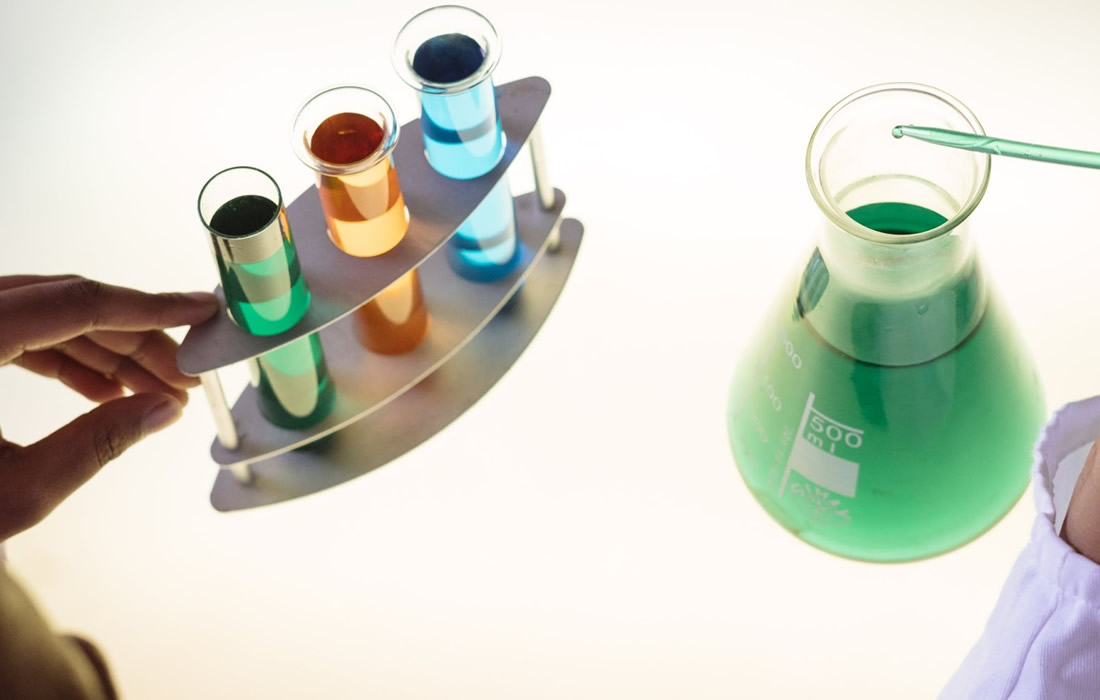Regenerative Medicine News and General Information
Using Biomarkers for Monitoring Crohn’s Disease
Crohn’s disease is a chronic inflammatory condition that can affect any part of the digestive tract, from the mouth to the anus. It causes inflammation and damage to the digestive system, leading to symptoms such as abdominal pain, diarrhea, weight loss and fatigue and complications such as strictures and fistulas. Crohn’s disease is a lifelong condition with periods of active symptoms (flare-ups) and periods of remission when symptoms are less severe or absent. It can vary in severity and usually requires ongoing medical management to control symptoms and improve quality of life.
Biomarkers are blood or stool tests that can give more information on an underlying disease process.
In the context of IBD, biomarkers such as C-reactive protein (CRP) in blood and fecal calprotectin (FCP) in stool, can measure levels of inflammation.
These levels can help doctors assess whether a patient’s Crohn’s disease is active or in remission.
AGA recommends the use of biomarkers in addition to colonoscopy and imaging studies.
“Patients’ symptoms do not always match endoscopic findings, so biomarkers are a useful tool to understand and monitor the status of inflammation and guide decision making in patients with Crohn’s disease,” says guideline author Siddarth Singh, MD, MS.
For patients in remission:
- Check CRP and FCP every six to 12 months.
- These tests work best if CRP and FCP levels have previously matched with disease activity seen on endoscopic assessment.
For patients experiencing active symptoms:
- Check CRP and FCP every two to four months for patients experiencing an increase in symptoms (diarrhea and abdominal pain) to guide treatment adjustments.
- Before making any major treatment plan changes, consider repeating endoscopic or radiologic assessments.
For patients after surgery:
- FCP may be useful to monitor patients at low risk for disease recurrence.
- However, radiologic or endoscopic assessment should be performed when a postoperative recurrence is suspected rather than relying on biomarkers.
“Based on this guideline, biomarkers are no longer considered experimental and should be an integral part of IBD care,” says guideline author Ashwin Ananthakrishnan, MBBS, MPH, Massachusetts General Hospital.
This is a win for Crohn’s disease patients.
Sources:
Ashwin N. Ananthakrishnan, Jeremy Adler, Karen A. Chachu, Nghia H. Nguyen, Shazia M. Siddique, Jennifer M. Weiss, Shahnaz Sultan, Fernando S. Velayos, Benjamin L. Cohen, Siddharth Singh. AGA Clinical Practice Guideline on the Role of Biomarkers for the Management of Crohn’s Disease. Gastroenterology, 2023; 165 (6): 1367 DOI: 10.1053/j.gastro.2023.09.029
Materials provided by American Gastroenterological Association. Note: Content may be edited for style and length.
American Gastroenterological Association. “Comprehensive guideline on using biomarkers for monitoring Crohn’s disease.” ScienceDaily. ScienceDaily, 17 November 2023. <www.sciencedaily.com/releases/2023/11/231117102543.htm>.
Images from:
Photo by RF._.studio

